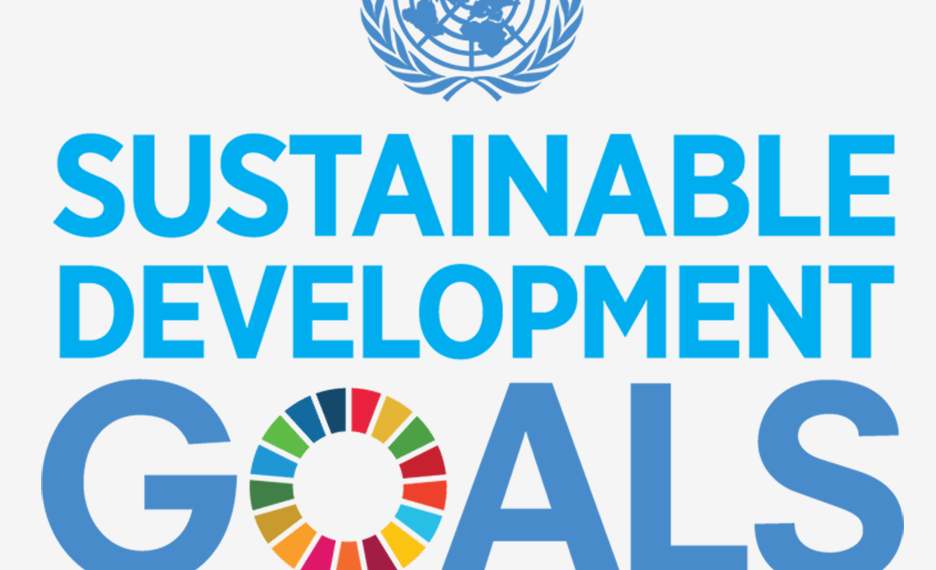Q&A
Partnership with the business community is very critical to achieve the Sustainable Development Goals. As world leaders will gather at the World Economic Forum in Davos soon, how do you see the role of top executives in advancing the SDG agenda?
CEOs are very important in actually making the 2030 Agenda a reality. We will not make the 17 goals without the involvement of the business sector, and fortunately we are seeing a lot of enthusiasm among CEOs for the 17 goals. We actually know from a survey that the Global Compact made this summer (2018), that 80 per cent of our companies are already actively engaged in the SDGs based on the ten principles [of the UN Global Compact]. And in these companies, close to 70 per cent here the CEOs are personally involved. So this is indicating that the SDGs is driving a very strategic business agenda, focusing on innovation and how companies can turn the risks of the world into business opportunities.
What is your message to the top executives at the World Economic Forum?
My message to all the CEOs at the World Economic Forum would be to join in our movement of engaging responsible companies across the world, to create the world that we all want by addressing principal business and the SDGs.
You were just at the Climate Summit COP24 in Katowice, Poland – what actions can businesses take to reach the aims of the Paris Agreement?
COP24, [the] Global Compact was communicating to all the business leaders of the world that we now encourage everyone in the world to align their business to the 1.5 degree scenario, and for those companies that are so advanced that they are setting science – based targets, we encourage that they make 1.5 degree celsius in target for their efforts.
This is a very important moment in time – We have to take action on climate change now, and businesses hold huge potential for helping to make this difference, and we know already now that 2,400 large companies across the world are directly supporting and taking actions on the Paris Agreement.
What role does the Global Compact play in facilitating this?
The UN Global Compact plays a very important role in mobilizing and facilitating companies to make a difference on climate change. We run the world’s biggest program called Caring for Climate with more than 400 companies that are all engaged in very important activities, such as setting science – based targets, align 1.5 and two degrees celsius scenario. Many of the companies also working with setting an internal carbon price to begin to integrate the cost of carbon in the way they look at their financial accounts. Many companies are also engaged in responsible lobbying, so making sure that they always give the same messages about the need to address climate change, no matter what audience they are in.
What is the business community’s role in addressing the widening inequality in the world?
When we took stock of the global goals after three years, two major challenges emerged. One is climate change, the other is inequalities. Inequalities in the supply chain which make the whole issue around decent work in the supply chain of the companies hugely important. And we have to take into consideration that 80 per cent of all trade in the world go through the supply chain of companies, so they have a major potential to really integrate principles and values like human rights, anti-corruption into the work with their supply chains.
Why is gender equality important to achieve the SDGs?
When it comes to gender, that is another huge theme in terms of inequalities. We are probably never going to make the global goals without empowering women across the world to really participate in society at all levels. And furthermore, there is an amazing financial and economic upside in empowering women, estimated to about 26 trillion US dollars. So when we think about that we need to mobilize in the range of 2.5 trillion US dollars every year until 2030 to make the goals a reality, one idea would be to focus on empowering women, because alone in this space, there is an 26 trillion US dollar upside. So an ideal solution that we can all get around.
Is a business model based on sustainability profitable?
A business model based on sustainability is, in my mind, more profitable than a business model based on only making profit. There are many ways to illustrate this, one example is the Global Compact 100 Index where we have put together index of 100 companies that are all part of the UN Global Compact, and when we compare the share performance in this index with other major indexes, the Global Compact Index companies are performing better. So I think this sends a very clear signal that responsible business is good business. [It] – is not only about creating a profit, [it] is also about being able to attract people to come work for you, making sure that your own employers feel proud and maintaining a strong reputation for the company.
Lise Kingo is the CEO and Executive Director of the United Nations Global Compact, which is the world’s largest corporate sustainability initiative with more than 13,500 signatories from 170 countries that have committed to aligning strategies and operations with universal principles on human rights, labour, environment and anti-corruption, and taking actions that advance societal goals.



